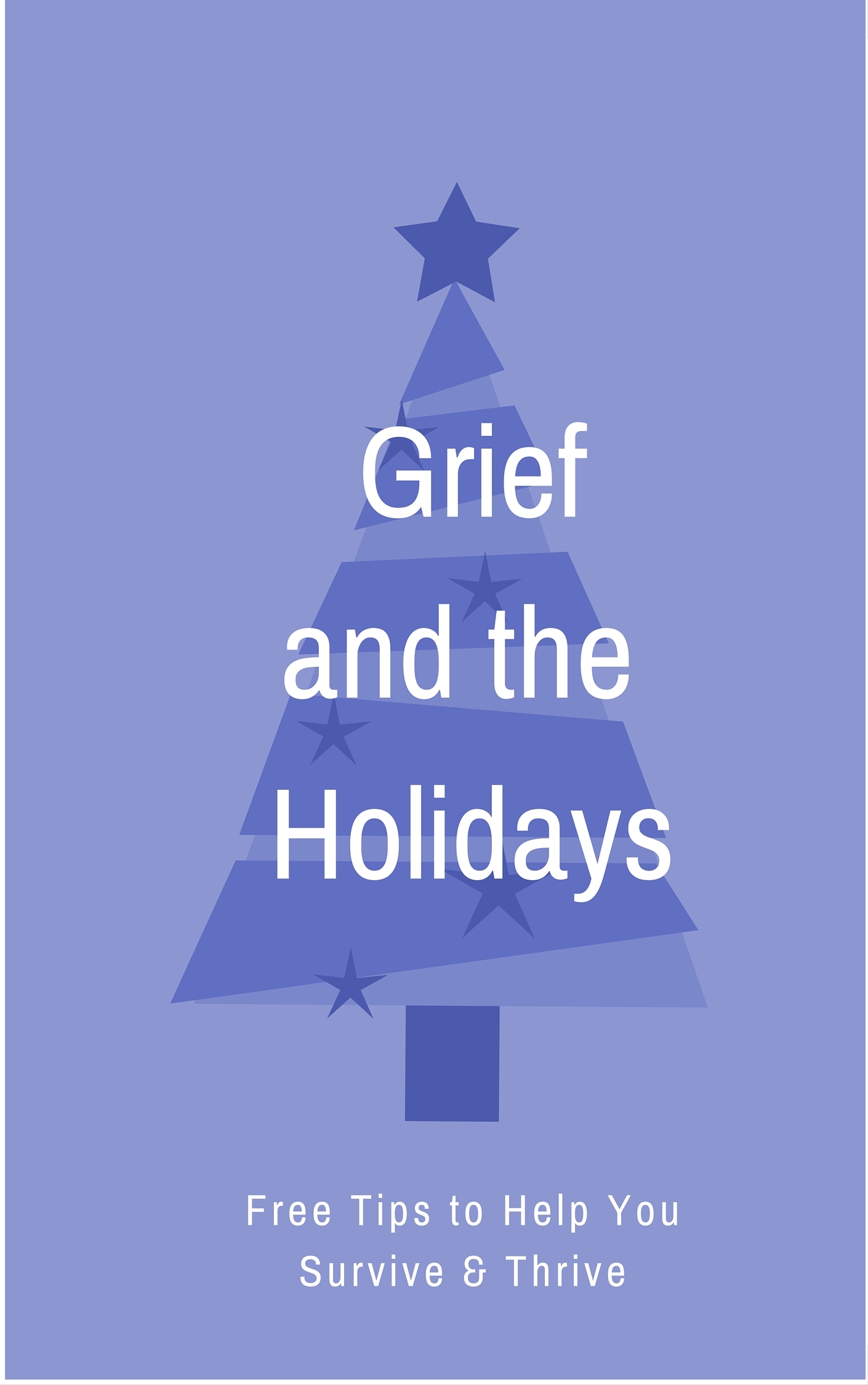Grief and the Holidays
The holidays can bring conflicting emotions. At a time when others are celebrating and giving wishes of “Merry Christmas”, the pain of losing a loved one can be intensified. You may not feel like celebrating or joining in with the usual festivities. You may wish you could go to sleep and wake up in January, skipping the season altogether. While you are unable to skip through the holidays, there are some ways that can help you get through it.
Here are some suggestions that help.
Allow yourself to grieve.
We grieve because we love. You may feel that you need to put a smile on your face for the sake of others during this season. However, it can tear you apart physically, emotionally and mentally if you constantly mask from others what you’re feeling on the inside. Instead, it is helpful to explain to others that this season is hard and some days you may be just too sad to do anything.
Keep your life simple.
Try not to place too many expectations on yourself. It’s okay to give gift cards or have someone shop for you, to use fewer decorations or none at all, to not attend events, to not send Christmas cards, to not host dinner or a party, to keep baking to a minimum, to decide what you want to do, not what you think you need to do.
Limit your activities.
You may think the busyness will keep your mind off your loved one, (in reality, nothing will). While some activity helps, too much can be overwhelming, exhaust you physically and mentally, and increase your grief. When attending an event, allow yourself an out, explaining to the host that you may have to cancel or leave early if it’s not a good day.
Alter your traditions
In an effort to keep “things the same”, you may try to do everything you’ve done in the past. But life is different; your loved one is not here and it may be too painful to do certain activities. It’s okay to make changes, to eliminate, or do something new. You can always return to traditions/events/etc. in the future.
Honor your loved one
Mention your loved ones name, attend a memory service, look through pictures, share stories about your loved one, light a special candle, display a special memento, or whatever may be special to you. Often family and friends are hesitant to bring up your loved one for fear of “making you sad”, but once you mention his/her name they are given permission to share precious memories.
Care for yourself
Plan something special just for you, a special outing or activity, a spa day, lunch with an understanding friend, a quiet evening at home, etc. Make an extra effort to eat regularly, drink lots of water, get enough sleep/rest and some exercise.
Reach out to someone else
While grief can be all-consuming, it is worth the effort to do something for someone else; it will lift your spirits. Make a donation in memory of your loved one, surprise a family or friend with a special gift, provide food for someone in need, or give an object of your loved one to someone who would treasure it. Reflect on the meaning of Christmas – the birth of the Son of God, Jesus Christ, brought into this world to live, die and come back alive so that you and I can live forever.
Patty Behrens, LMFT
www.counselingfresno.org



